Central African Republic
The UN mission in the Central African Republic (MINUSCA) on Monday launched its Disarmament, Demobilisation and Reintegration (DDR) programme.
The move is aimed at helping thousands of fighters in the country return to civilian life.
The operation focusing on ‘‘reducing community violence ‘’ will cover 3,000 former combatants including 1,500 anti-balaka, 1500 self-defense fighters.
Amongst others, the programme offers some ex-combatants a chance to enroll in a national army – in theory after they have been vetted.
This agreement signed in January has widely been dismissed as irrelevant.
A serious bone of contention has been that of communities being forced to accept people who may have committed serious abuses.
MINUSCA had budgeted 28 million for this project.
The overthrow of President Francois Bozize in March 2013 by Michel Djotodia plunged the country into chaos. The violence by anti-balaka and seleka had left several people dead and forced many people to leave their homes.
The election of Faustin Archange Touadera in February this year brought with it hope for a return to stability for the country.
The launch of the DDR itself was highly anticipated to ease the country’s transition into a peaceful state.




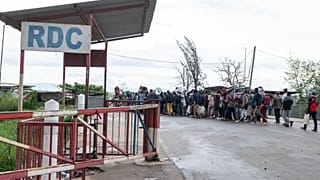


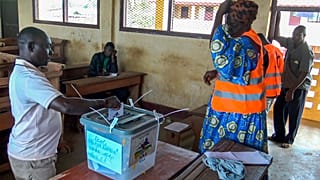
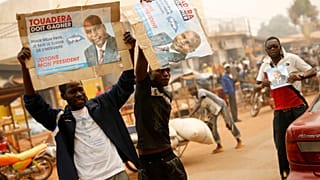
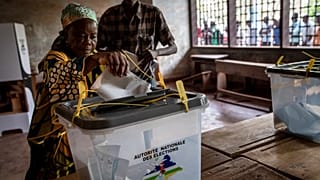
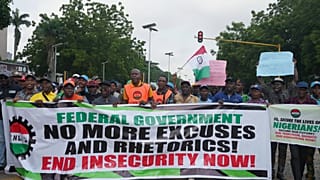
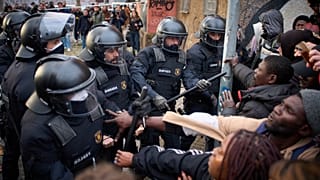
01:10
ICC hears closing arguments in suspected CAR militia leader case
01:58
Global concern: over one billion illegal firearms circulate worldwide
00:10
38 M23 rebel fighters surrender to Congolese army in eastern DRC
Go to video
Dologuelé enters presidential race despite opposition calls for a boycott
Go to video
Central African President Touadéra launches third-term bid
02:04
CAR: MINUSCA peacekeepers provide medical help for people with disabilities